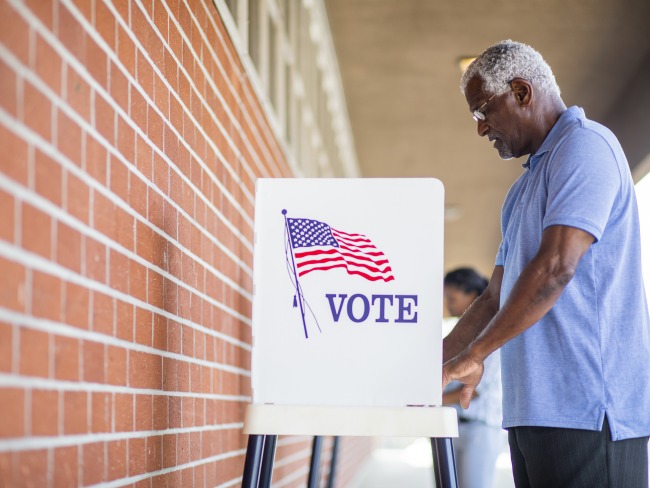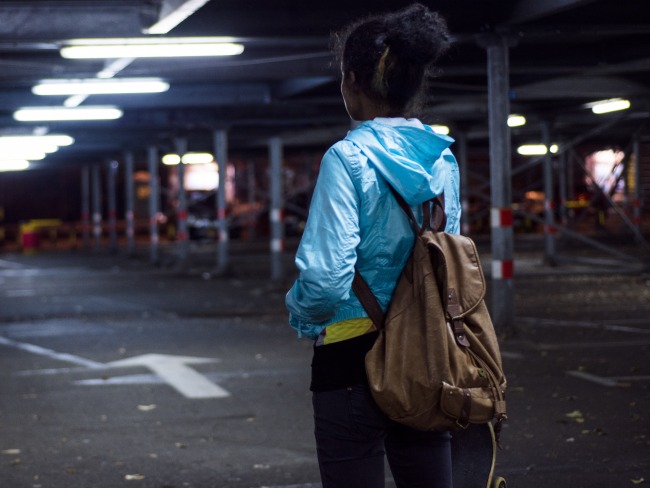Was There a “Ferguson Effect” on Crime in St. Louis?
Some commentators have asserted that crime has increased as the result of recent protests against police misconduct. However, there is no credible and comprehensive evidence about any such effect.
Related to: State Advocacy, Racial Justice, Collateral Consequences
Does widespread and heavily publicized protest activity directed at alleged police misconduct result in higher crime rates? That is the view of some commentators, who attribute recent crime increases to what has been termed the “Ferguson effect.” The idea is that heightened criticism of the police has demoralized, angered, frustrated, or otherwise caused police officers to refrain from vigorous enforcement activity, resulting in more crime (e.g., Mac Donald 2015).
Is there evidence that crime rates are, in fact, increasing around the country? It depends on where you look. In some cities, some types of crime are up over last year and other types are not, while other cities have not recorded increases in any major crime category. Unfortunately, we cannot rely on the nation’s leading crime data systems for a comprehensive view of recent crime changes. The Bureau of Justice Statistics’ National Crime Victimization Survey does not produce city-level crime data. The FBI’s Uniform Crime Reports does provide crime data for individual cities, but the data are not timely enough for monitoring crime changes over the past several months. So, everybody’s data is anecdotal, a cherry picker’s delight. If you want to tell a story of crime increases, you can. If not, just pick from a different tree.




